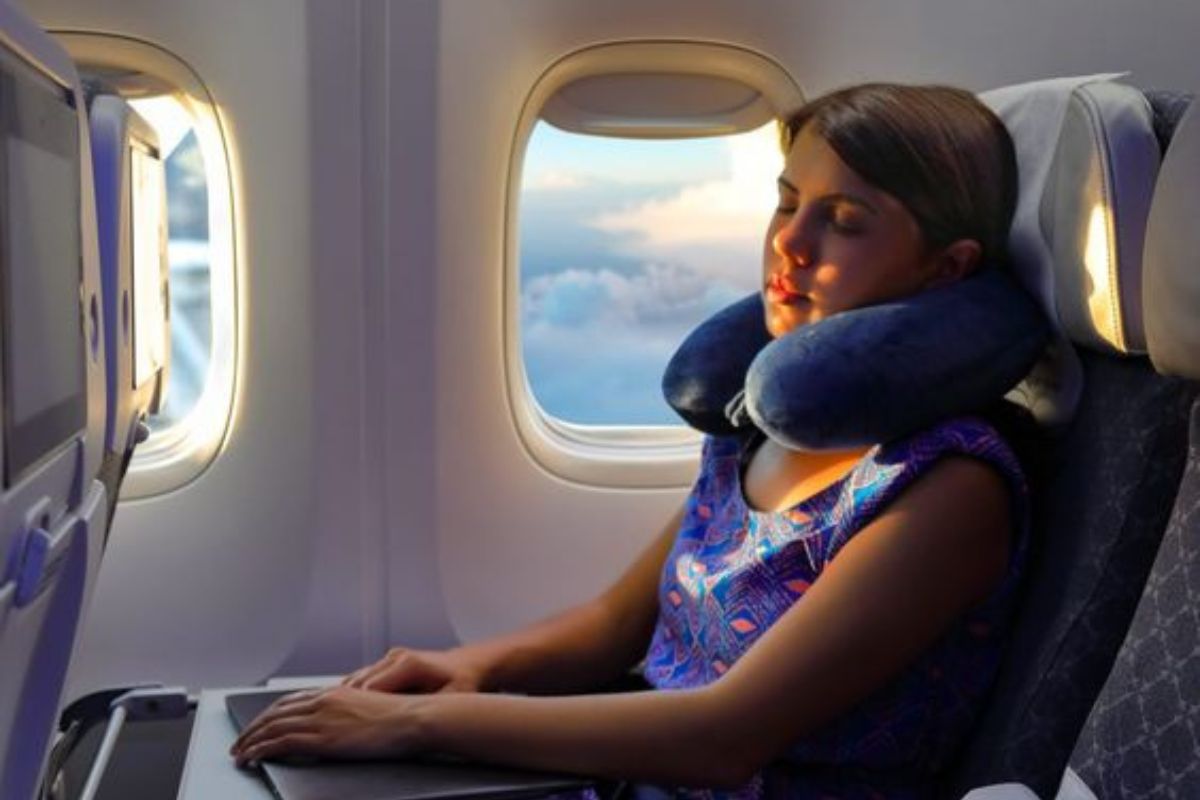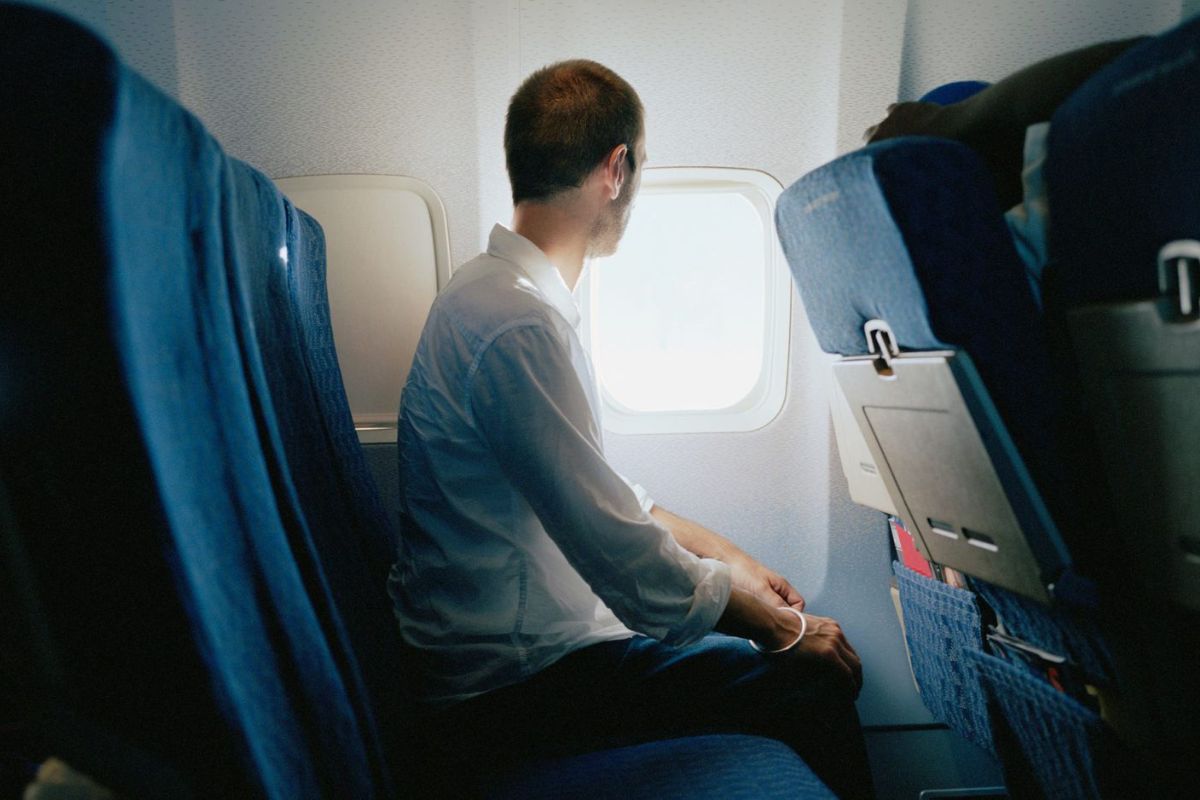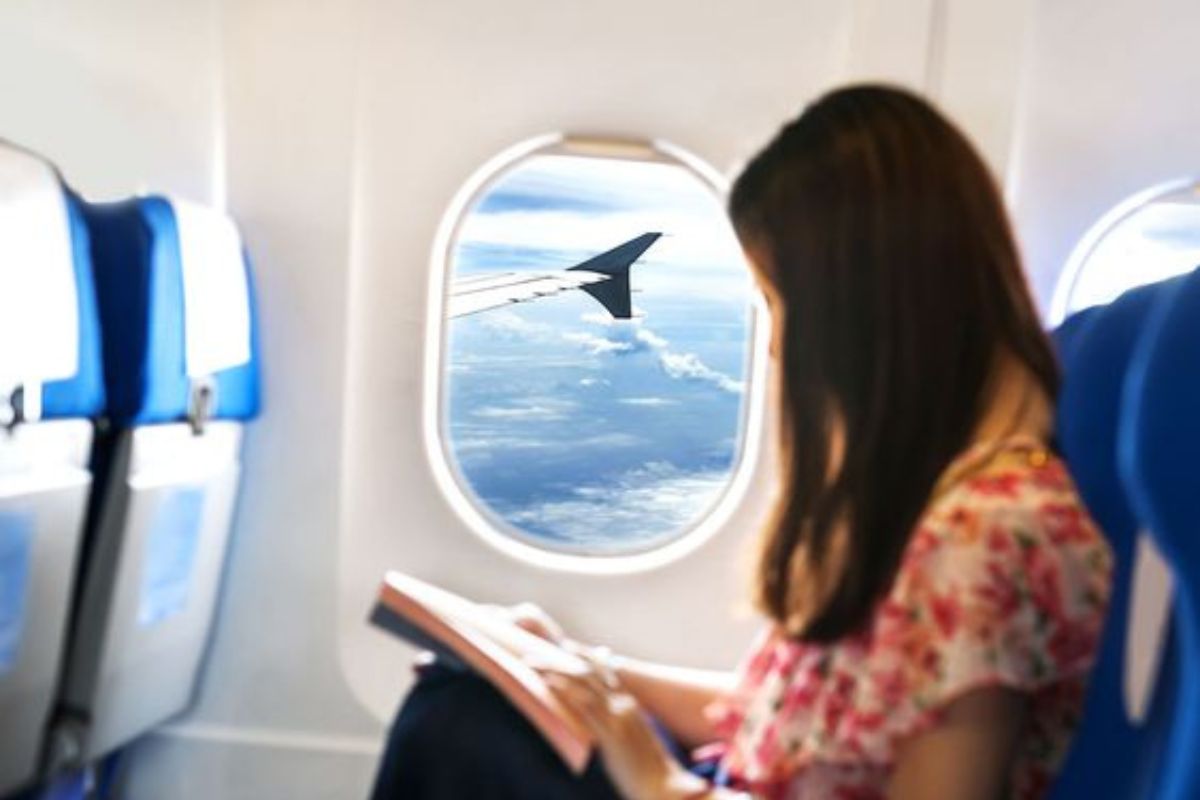If you are prone to motion sickness, it is difficult for you to choose overseas vacations by airline. Instead of being concerned about nausea, vomiting, or dizziness during a flight, you should be aware of the effective motion sickness prevention measures recommended by Wanderlust Tips USA.
Motion sickness is just a sensation that happens when confused signals from your inner ear, which detects movement, reach your brain. However, the motions sensed in the eyes and muscles clash, causing the brain to “unprocess” at the same moment, and your body to feel dizzy and queasy.
The human brain is thought to be one of the most intellectual organs, capable of dealing with quadratic equations and complex subjects, but it is simple to become perplexed when your senses go wild in reaction. You may have usual symptoms such as moderate nausea, dizziness, sweating, and vomiting. Learning the important strategies listed below can help you have a fantastic time no matter what mode of transportation you utilize.

Select the right seat
When traveling for an extended period of time, it is necessary to locate a good seat that will assist you in limiting some symptoms of motion sickness. It should be a position with the least amount of movement.
There are some excellent options for you, such as the center of an airplane over the wing, which is the calmest place of an airplane, and the front seat or in the center of a car. Furthermore, travelers in lower-level cabins near the ship’s core experience less motion than those in higher or outside cabins. Finally, avoid sitting near the back of the bus.
You can avoid shock and bouncing movements by choosing these seats. It will be more effective if you can look straight ahead and concentrate on stationary points in the distance instead of looking sideways. Furthermore, sleeping in a car is said to be the best method to forget about motion sickness.

Get some fresh air
As you may be aware, those who suffer from motion sickness frequently feel nausea, vomiting, and excessive sweating. The capillaries in the skin dilate as the body temperature rapidly drops, producing resistance in sections of the brain, particularly the hypothalamus. They will feel hot and flushed as a result.
Fresh, cool air can help to ease motion sickness and strengthen your senses; therefore, if possible, open a vent or source of fresh air. It may alleviate motion sickness. If the weather or your mode of transportation do not allow it, let’s utilize the air conditioner, roll down the window, and point the vent toward you to obtain enough of fresh air.
In addition, if you have a fever, you can apply a cool compress to your back or forehead in a few minutes. The medicinal product will alleviate the sensation of heat or redness in the face, as well as counteract the hypothalamus’ attempt to elevate body temperature and alleviate nausea.

Read as little as possible
People differ on whether reading a book or watching a screen is better for those who are prone to motion sickness. Although it is thought to be a good way for assisting patients in forgetting these symptoms, well-known doctors have demonstrated the harmful effects of focusing on reading while flying.
When the eye delivers a non-moving signal, as opposed to the ear, which senses movement and changes direction, resulting in sensory conflict. This will cause the body’s usual sense of balance to be disrupted, resulting in typical symptoms such as nausea, dizziness, perspiration, and, in some cases, vomiting.
Furthermore, reading necessitates intense focus, and strong visual tracking exacerbates sensory conflict. This happens not only when people read books in cars, but also when they are on a plane, a boat, or a spaceship.

Keep an eye on your food intake
You are more prone to have motion sickness if you drink a significant quantity of excessive meals or liquids that are not on your usual list. As you are aware, heavy, oily, or acidic foods that are digested slowly can aggravate motion sickness. It is critical to avoid eating a large meal before or during travel. Instead, eat tiny amounts of basic food like cereal, bread, other grains, apples, and bananas. These snacks are easy-to-digest foods that are portable.
Last but not least, avoid drinking carbonated beverages when flying, driving, or sailing. It is one of the most popular drinks to bring when traveling; however, you should only consume it when getting off the bus or during the trip’s meal. Because the gas in various forms of water, not only soft drinks, causes bloating, gas, indigestion, and even nausea, avoid using them throughout the trip.


